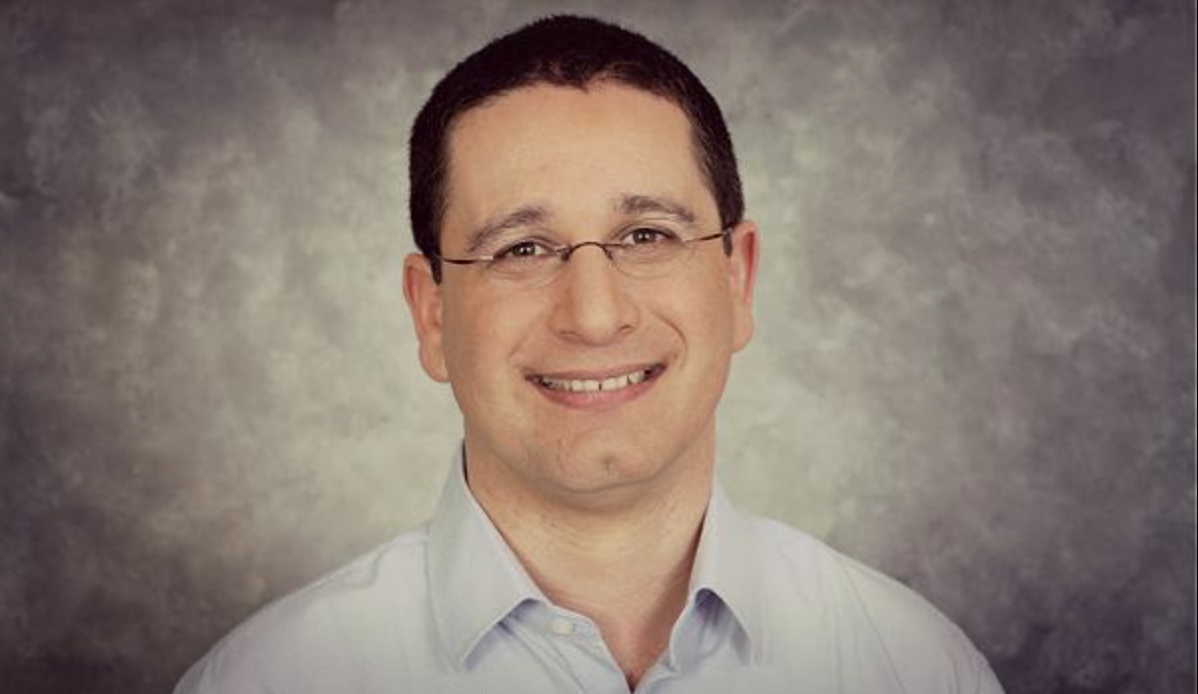We had the chance to connect with Katharina Mueller and learn more about her journey to consulting.
Did you have any fear of leaving a full-time role to become a consultant? What did that feel like for you?
FOR SURE! I didn't go straight from full-time to consulting. I had a "Passion Year" (not Gap Year - as referred to by many) in between, in which I started working for start-ups, interned at the UN, volunteered abroad, and traveled around Africa and Latin America.
I began my consulting once I had moved to Sweden and faced a greater need for a flexible working schedule. And yes, it was pretty scary at the beginning, as I didn't know what to expect and how it'd go in a different country.
How did you choose your niche? Was this your original intention as a consultant or has this shifted?
My niche has shifted and I think I'm still in the process of narrowing it down even further. Given my previous experiences, my MBA in Strategic Entrepreneurship and founding my own start-up were a great add-on. It was only logical (and easy) for me to begin with early-stage startup consulting. From product-market-fit to go-to-market and general advisory, it was pretty broad and unspecific.
However, with extra courses, projects and great passion, I've been more and more shaping it towards the intersection of tech/women empowerment/ entrepreneurship, with a particular focus on storytelling and working on the WHY (for both the founder and the start-up).
How do you manage operational tasks like invoicing, payroll, taxes?
It's a little different for me, as I am mostly based in Germany with in-between projects and travels abroad. German taxes aren't easy to handle (especially when international clients are added), so I get support from my tax advisor.
Where do you find new clients to work with?
I began my consulting journey on platforms like Fiverr or Upwork to test the waters and gain more confidence. Today, I find most projects through personal networks.
What is your approach to pricing? Hourly? Project-based?
I want to allow a certain degree of pricing flexibility. Depending on the project's scope and effort, I adapt the prices and shift from hourly to project-based.
Related - how do you handle clients who think you are too expensive?
It took me a while to figure out my "value" and reasonable price range.
Once a client thinks I'm too expensive, I show them my experience and possible outcomes from a collaboration. We may even test the collaboration for a few hours before signing longer agreements. When the chemistry is right (and I have a passionate, young early-stage founder), I'm willing to negotiate. It's in my best interest to support them, but I stopped giving away my work underpriced.
Have you ever let go of a client? If so, why? How did you do it?
I've been very fortunate with my clients. I once had an incidence where the client wasn't open at all for any kind of feedback, adaptions or discussions. I set them an ultimatum and re-defined the guidelines and expectations for a successful collaboration. Finally, they became more open-minded and willing to implement proposals and changes.
Tell us about creating the Meant To Be journal.
I always dreamed of writing of writing a book - but had never taken it too seriously and had never expected to self-publish one by 26.
It all started when my friend Anna and I went on a spontaneous trip to Lapland. Nothing was planned but it turned out to be one of my top 3 trips ever (and I've been to 40ish countries). The words of that trip were "wow, this was meant to be" and we knew immediately that we had to take advantage and share this excitement with others.
We ended up spending our weekends creating and writing. Only 9 months later, we published the “Meant To Be Journal” which is a mix of journaling prompts, artwork (featuring 25 women artists from around the globe) and short stories. It's for those interested in journaling, mindfulness, art, and trusting in the process.
Seems that you keep working on multiple side projects. How do you fit that into your consulting schedule? Do you allocate time for them or are they more spontaneous?
Indeed, I have a lot going on. From being a mentor, yoga teacher and NGO Board Member to holding speeches and traveling the world. I never say no to opportunities.
I'm a true Gemini and get most excited about meeting new people and exploring what life has to offer. But this only works because of my amazing partners, great commitment, good time management, and fixed time slots in my calendar. Every week and month, I check back in on my well-being and schedule - if needed, I cut a few projects short.

Written by:
Every Mylance team member has done consulting. We're experts, and we've seen what consulting enables: more time with our families, traveling the world, more time on passion projects, or to start that business we've been dreaming about.





